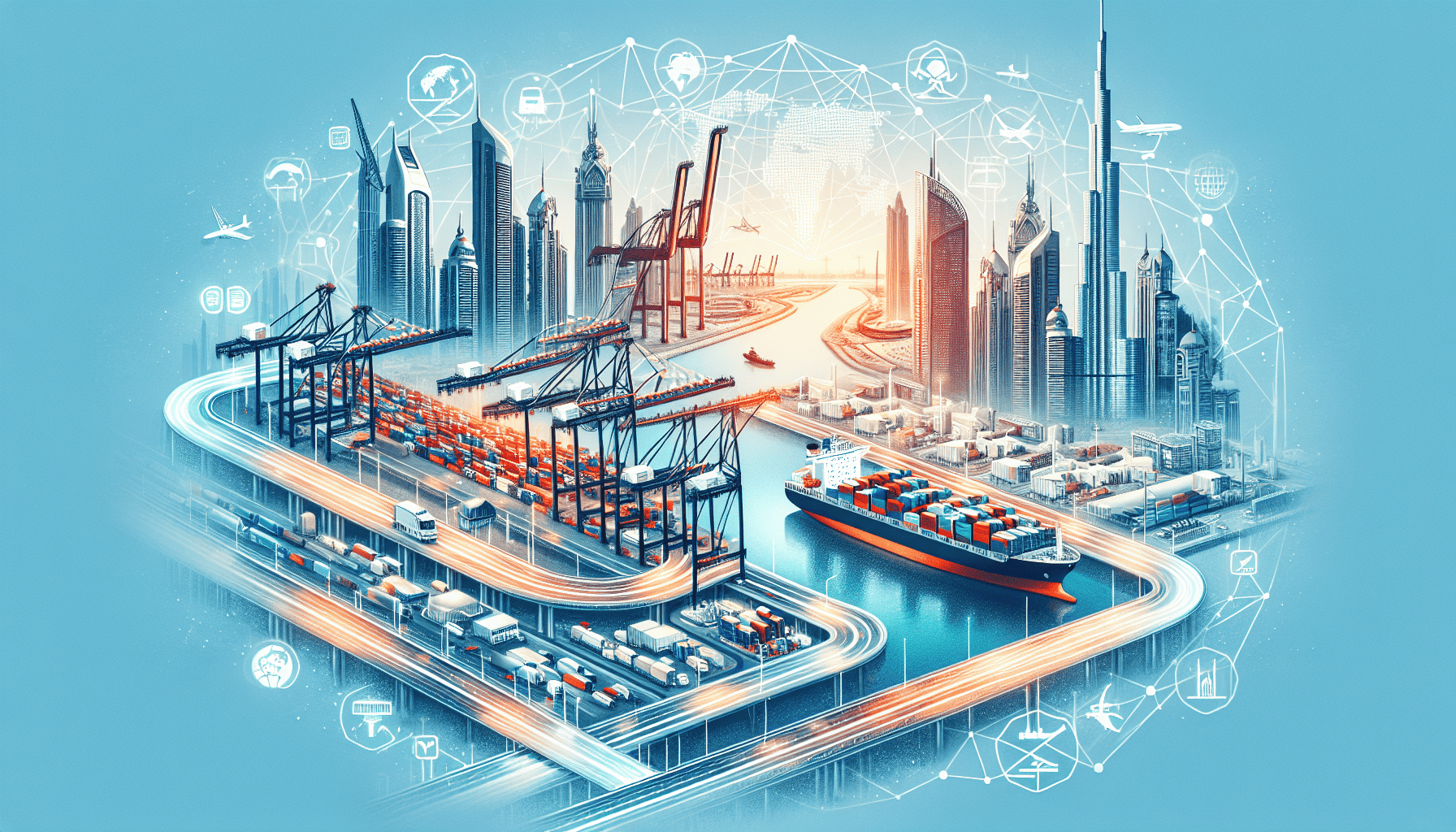Efficient transportation strategies serve as a vital catalyst for economic and social growth, a notion that is particularly evident in the dynamic landscape of the United Arab Emirates (UAE). As the UAE continues to establish itself as a global hub, the collaboration between government initiatives and private sector innovations plays a crucial role in reshaping the nation’s transport infrastructure.
The UAE government has long recognized that a robust transportation network is essential for sustaining economic expansion and improving the quality of life. Key initiatives such as the National Transport and Traffic Strategy aim to create a seamless, integrated transport system that supports urban development and connectivity. This plan focuses on reducing travel time, cutting congestion, and lowering carbon emissions while maintaining a high standard of safety and reliability.
One of the standout projects under this strategy is the expansion of the Etihad Rail network. Connecting key cities and industrial areas, this initiative is set to transform the logistics landscape, easing freight movement while providing a sustainable alternative to road transport. The rail project not only promises to boost trade but also minimizes environmental impact due to its reduced carbon footprint compared to traditional freight transport.
The development of smart infrastructure is another cornerstone of the UAE’s transport strategy. The government is investing in innovative technologies that enhance traffic management and ensure more efficient public transportation. Initiatives such as intelligent traffic systems and dynamic toll pricing aim to optimize road usage and alleviate congestion in heavily trafficked areas.
In parallel, the private sector plays a pivotal role in promoting transport innovations across the UAE. Ride-sharing companies and electric vehicle startups are gaining traction, promoting a shift towards more sustainable and efficient travel options. These companies offer alternatives that align with the UAE’s broader sustainability goals, such as reducing dependency on fossil fuels and cutting down vehicular emissions.
Furthermore, the UAE is at the forefront of adopting autonomous vehicle technology. Pilot projects for self-driving taxis and buses are underway in cities like Dubai and Abu Dhabi, showcasing the country’s commitment to leveraging cutting-edge technology to improve urban mobility. The transition to autonomous vehicles is expected to lower travel costs, enhance safety, and provide more personalized travel experiences for commuters.
Moreover, air transport remains a critical pillar of the UAE's transport strategy, with Dubai International Airport and Abu Dhabi International Airport serving as key global transit points. The strategic location of UAE airports enhances connectivity not only within the region but across the globe, thereby facilitating tourism and commerce. Investments in airport expansion and modernization projects further bolster their capacity to handle increased passenger and cargo volumes efficiently.
In conclusion, the UAE's transport strategies underscore the crucial link between cutting-edge infrastructure, government foresight, and private sector innovation. By continuing to invest in and implement these transformative transport initiatives, the UAE is poised to drive significant economic and social growth. The focus on sustainability, connectivity, and technological advancement ensures that the nation remains a key player on the global stage, setting a benchmark for transport efficiency and development.
